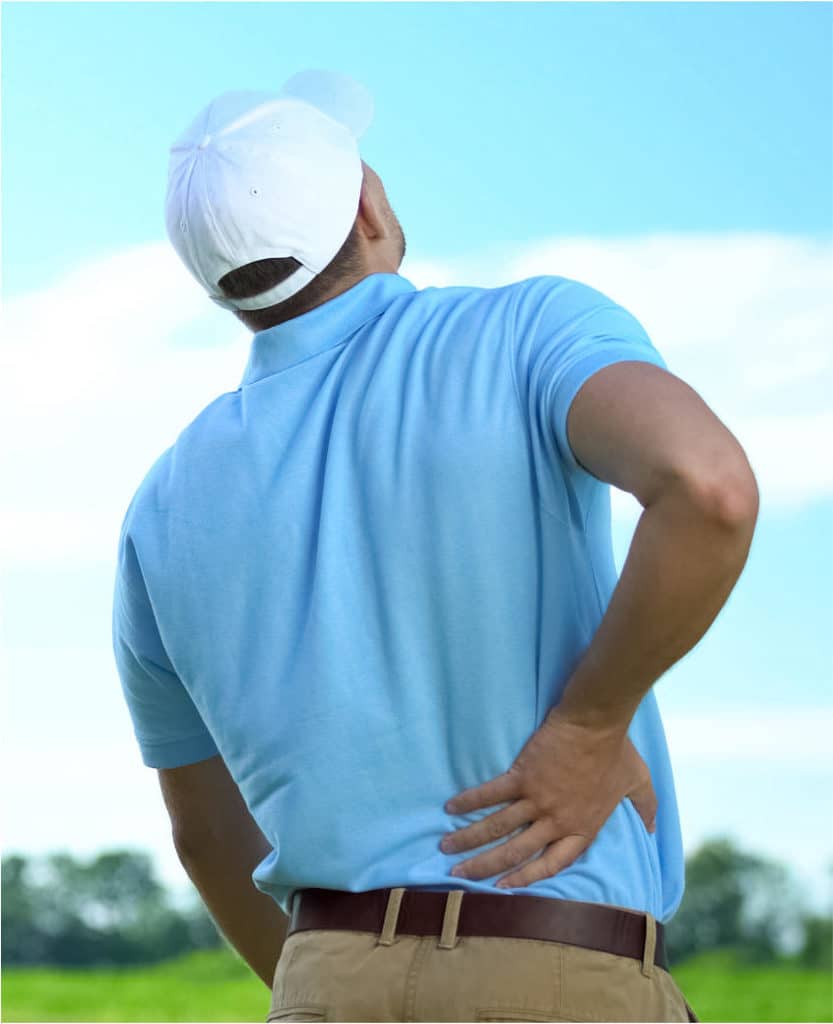Ankylosing spondylitis (AS) is an inflammatory condition that, if left untreated, can result in the fusing of vertebrae in the spine. When vertebrae fuse, the spine is less flexible which leads to pain, inflammation, reduced posture, difficulty breathing and a reduced quality of life.
Affecting more men than women, ankylosing spondylitis often shows up in early adulthood. While it mostly affects the spine, inflammation can be experienced in other areas of the body, most notably, in the eyes.
There are treatments that can lessen symptoms and even possibly slow down progression, but currently there is no cure.

As time progresses, symptoms may worsen, improve or stop. Ankylosing Spondylitis is unpredictable.
The areas most commonly affected are:
The risk factors for Ankylosing Spondylitis (AS) come down to gender, age and genetics. Gender plays a role because men are more likely to develop AS than women. Age is a factor because AS is most often developed in late adolescence or early adulthood years. And lastly, genetics is important because the majority who develop ankylosing spondylitis have the HLA-B27 gene. The HLA-B27 gene has become a strong indicator of AS, however, many people who are carriers of this gene never develop ankylosing spondylitis. Therefore, it is not the sole determinant of developing AS.
Charitable estate planning is financially beneficial for families and individuals of various ages and income levels, and ensures a legacy of commitment to making a difference through funding research, while supporting ANRF’s mission.

5319 University Dr #10022
Irvine, CA 92612
800.588.2873
Tax ID #: 95-6043953
| Cookie | Duration | Description |
|---|---|---|
| cookielawinfo-checkbox-analytics | 11 months | This cookie is set by GDPR Cookie Consent plugin. The cookie is used to store the user consent for the cookies in the category "Analytics". |
| cookielawinfo-checkbox-functional | 11 months | The cookie is set by GDPR cookie consent to record the user consent for the cookies in the category "Functional". |
| cookielawinfo-checkbox-necessary | 11 months | This cookie is set by GDPR Cookie Consent plugin. The cookies is used to store the user consent for the cookies in the category "Necessary". |
| cookielawinfo-checkbox-others | 11 months | This cookie is set by GDPR Cookie Consent plugin. The cookie is used to store the user consent for the cookies in the category "Other. |
| cookielawinfo-checkbox-performance | 11 months | This cookie is set by GDPR Cookie Consent plugin. The cookie is used to store the user consent for the cookies in the category "Performance". |
| viewed_cookie_policy | 11 months | The cookie is set by the GDPR Cookie Consent plugin and is used to store whether or not user has consented to the use of cookies. It does not store any personal data. |